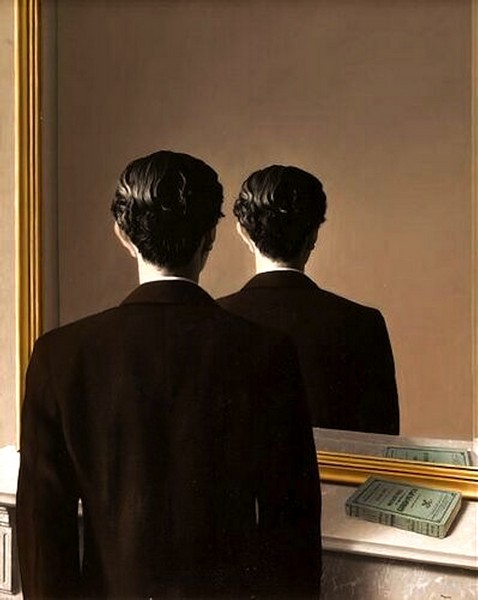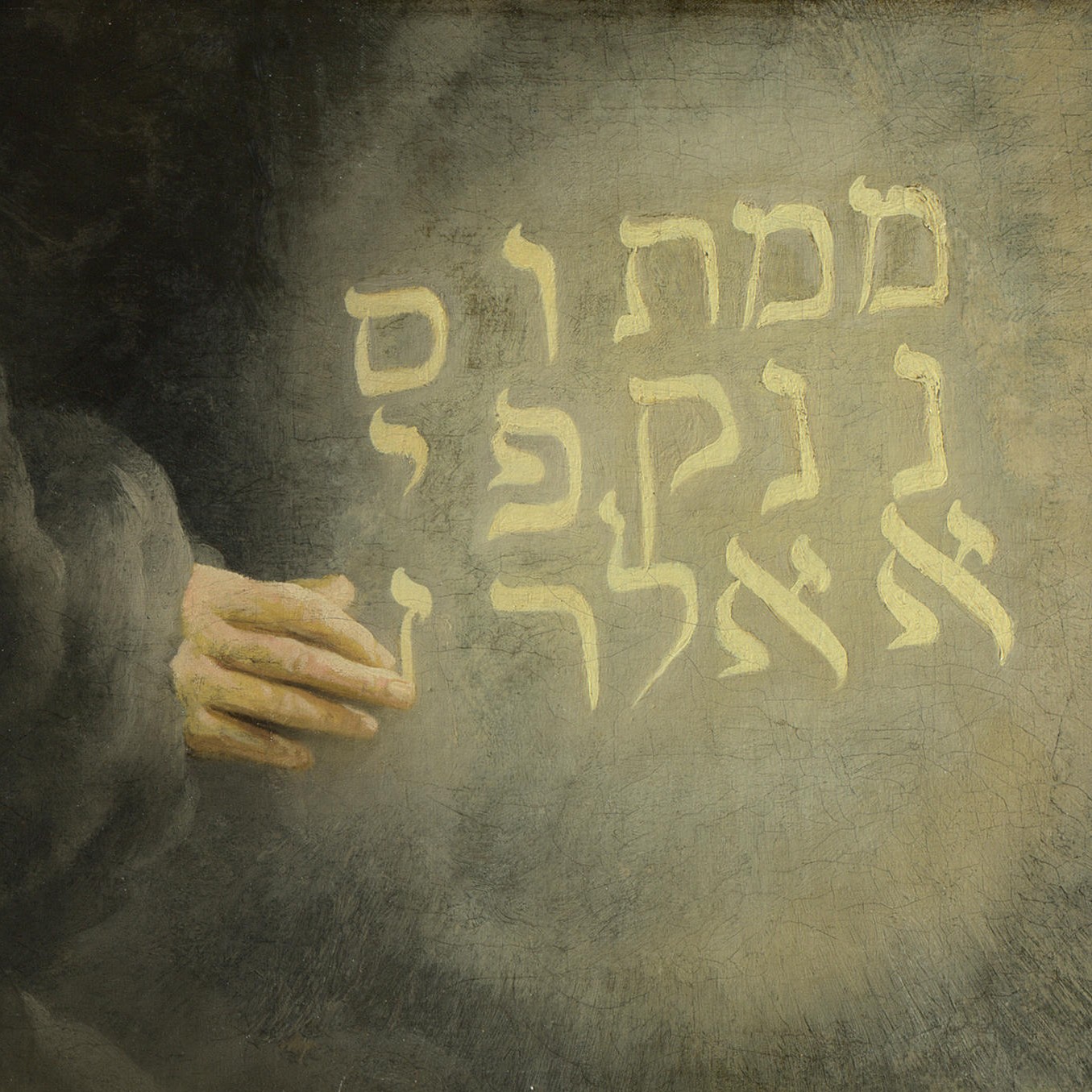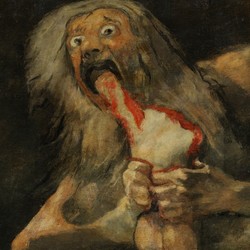
In other cases, a doppelgänger is the ghostly double of a living person, usually the bearer of bad news; often announces the person who sees him his own death. If you followed the Wilhelm Meister's series you might remember that one of the characters in the novel, the Count, thinks he has seen himself in his room, an apparition announcing his death. Goethe himself admitted having seen his doppelgänger and Percy Shelley also saw his double a few days before he died.
Heinrich Heine speaks of a doppelgänger in one of the poems of his collection Die Heimkehr, published in 1826; two years later, Schubert wrote from this poem one of the most famous (and most impressive) lieder ever. When you listen to it (in fact, when you listen to any of the six lieder that he wrote with Heine's poems) you can only regret that he died before he could go further. We're supposed to read always the poem before we listen to its song, but this time I strongly recommend you to do so.
The poem is very concise, it explains many things in only twelve verses, and Schubert is as concise as the poet. The accompaniment of Der Doppelgänger merely repeats four chords; pay attention to them at the beginning of the song, before we hear the voice. We just hear another piano motif, in the first stanza, after the second and fourth verses, an echo of their last words: mein Schatz and selben Platz. The vocal style is declamatory, and only rises in three moments: at the second stanza, on the word Schmerzengewalt (wild despair); at the third on on manche Nacht (so many a night) and, especially, at the end of the second verse, when the man realizes that he's watching himself (meine eig'ne Gestalt). You can really hear the terror in his voice! It's an austere, introspective song, only a declamated voice on repeated chords. And, at the same time, it's one of the most dramatic lieder. Its musical conception is so modern that anticipates Hugo Wolf (and he only composed sixty years later)!
If I suggested reading the poem before listening to the song it's because I would say that Schubert, with his music, goes beyond Heine; the song it's so oppressive that a long silence usually follows it during a recital. Today we will have the chance to appreciate that in Barcelona, because Der Doppelgänger is one of the lieder that Ilker Arcayürek and Simon Lepper are performing at the first recital of the Schubert Lied series. In any circumstance, I would be looking forward to a series entirely dedicated to Schubert, but I am in this project since the idea arose, and today it becomes real. So I'm excited and happy and believe me, in this hard times, a little bit of happiness is very welcomed.
The program that Arcayürek and Lepper will perform is the same that the tenor sang with Wolfram Rieger at the Schubertiade Vilabertran, so if you want to go over the programme you could reread the post I devoted to it back then. Today we're listening to Ilker Arcayürek and Fiona Pollak, they were awarded 1st prize at the International Art Song Competition Stuttgart 2016. I'm linking the video so as you can directly listen to Der Doppelgänger, but if you need more music, there are four more lieder before and two more after.
Still ist die Nacht, es ruhen die Gassen,
In diesem Hause wohnte mein Schatz;
Sie hat schon längst die Stadt verlassen,
Doch steht noch das Haus auf demselben Platz.
Da steht auch ein Mensch und starrt in die Höhe
Und ringt die Hände vor Schmerzensgewalt;
Mir graust es, wenn ich sein Antlitz sehe –
Der Mond zeigt mir meine eigne Gestalt.
Du Doppelgänger, du bleicher Geselle!
Was äffst du nach mein Liebesleid,
Das mich gequält auf dieser Stelle
So manche Nacht, in alter Zeit?
The quiet night broods over roof-tree and steeple;
Within this house dwelt my treasure rare;
'Tis long since she left this town and its people,
But the house stands still on the self-same square.
Here stands, too, a man; toward heaven he gazes,
And he wrings his hands with a wild despair;
I shudder with awe when his face he raises,--
For the moonlight shows mine own self there.
Oh, pale sad creature! my ghost, my double,
Why dost thou ape my passion and tears,
That haunted me here with such cruel trouble,
So many a night in the olden years?
















Comments powered by CComment